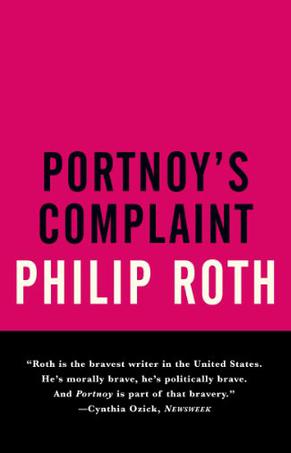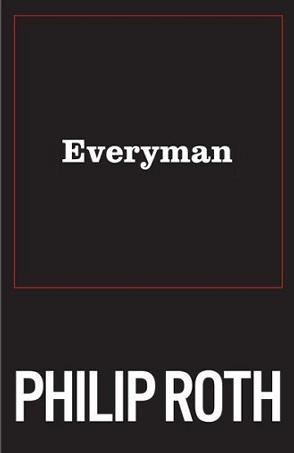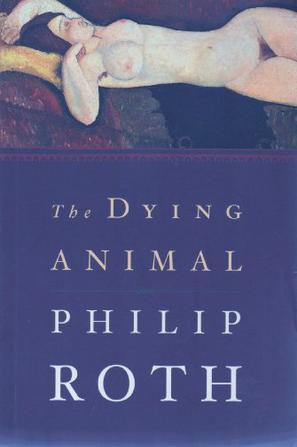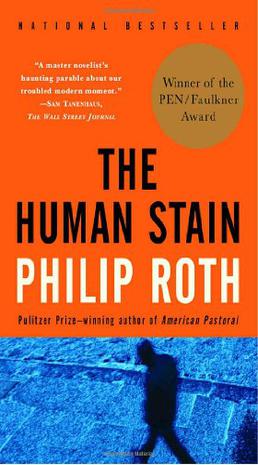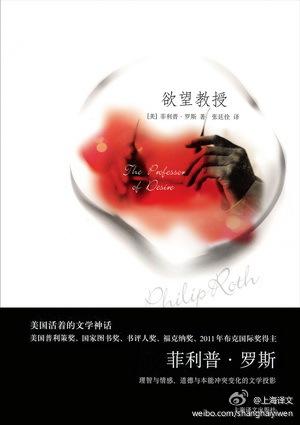欢迎来到相识电子书!
标签:PhilipRoth
-
Portnoy's Complaint
Along with Saul Bellow's Herzog, Philip Roth's Portnoy's Complaint defined Jewish American literature in the 1960s. Roth's masterpiece takes place on the couch of a psychoanalyst, an appropriate jumping-off place for an insanely comical novel about the Jewish American experience. Roth has written several great books--Goodbye, Columbus and When She Was Good among them, but it is perhaps Portnoy's Complaint for which he is best known. -
Everyman
"I'm thirty-four! Worry about oblivion, he told himself, when you're seventy-five." Philip Roth's new novel is a fiercely intimate yet universal story of loss, regret, and stoicism. The best-selling author of The Plot Against America now turns his attention from "one family's harrowing encounter with history" (New York Times) to one man's lifelong confrontation with mortality. Roth's everyman is a hero whose youthful sense of independence and confidence begins to be challenged when illness commences its attack in middle age. A successful commercial advertising artist, he is the father of two sons who despise him and a daughter who adores him. He is the brother of a good man whose physical well-being comes to arouse his bitter envy. He is the lonely ex-husband of three very different women with whom he has made a mess of marriage. Inevitably, he discovers that he has become what he does not want to be. Roth has been hailed as "the most compelling of living writers . . . [His] every book is like a dispatch from the deepest recesses of the national mind."* In Everyman, Roth once again displays his hallmark incisiveness. From his first glimpse of death on the idyllic beaches of his childhood summers, through his vigorous, seemingly invincible prime, Roth's hero is a man bewildered not only by his own decline but by the unimaginable deaths of his contemporaries and those he has loved. The terrain of this haunting novel is the human body. Its subject is the common experience that terrifies us all. -
The DYING ANIMAL
Book Description David Kepesh is white-haired and over sixty, an eminent TV culture critic and star lecturer at a New York College, when he meets Consuela Castillo, a decorous, well-mannered student of twentyfour, the daughter of wealthy Cuban exiles, who promptly puts his life into erotic disorder and haunts him for the next eight years. Since the sexual revolution of the 1960s freed him from his wife and child, Kepesh has experimented with living what he calls an 'emancipated manhood' beyond the reach of family or a mate. Over the years, he has refined that exuberant decade of protest and licence into an orderly way of life in which he is both unimpeded in the world of Eros and studiously devoted to his aesthetic pursuits. But the youth and beauty of this 'newly-hatched' woman - 'a masterpiece,' as Kepesh describes Consuela, 'of volupte' - undo him completely. His worldliness, his confidence, his reason desert him, and on the brink of old age, a maddening sexual possessiveness transports him to the depths of deforming jealousy. The light-hearted erotic tale with which he began evolves into a poignant, tragic story of love and loss. The Dying Animal is vintage Roth fiction, a masterpiece of passionate immediacy. It is intellectually bold, forcefully candid, wholly of our time, and utterly without precedent - a story of sexual discovery told about himself by a man of seventy. Amazon.co.uk The Dying Animal is the latest addition to Philip Roth's already considerable and highly celebrated oeuvre. The protagonist is David Kepesh, a recurring protagonist in Roth's work, having been introduced first in the Kafkaesque 1972 novella, The Breast, and again in The Professor of Desire (1979). Kepesh, now a 70-year-old arts critic and lecturer in critical theory, is a sexual adventurer, who feels himself liberated from marriage, children and old school sexual mores by the 1960s sexual revolution, and uses his celebrity and intellectual reputation to seduce the young women that he tutors. Written in the form of a conversational confession, Roth has Kepesh introduce the method of his sexual conquests and then the foil to his method, the beautiful, mannered and busty Consuela Castillo. So begins a description of a descent into the madness of love; "crazy distortions of longing, doting, possessiveness ... this need, this derangement. Will it ever stop?" . What begins as a chronology of sexual conquest becomes an exquisite meditation on the destructive and addictive nature of love and lust. Notions of social freedom, and sexual emancipation are explored as Kepesh, who for so long has considered himself a free animal, finds himself caged in by his obsession. His journey of sexual discovery becomes one of self-discovery, and as his life journey nears its close he also begins to realise in himself and those around him, "the dying animal" (from Yeats' poem "Sailing to Byzantium"),a different beast to the sexual animal yet still entwined with it through shared flesh. This is a sexually candid novel, a brave and daring one, a novel that does not blink in the admission that so many of our actions are motivated by the sexual. In this it is reminiscent of the writings of Henry Miller, which are mentioned among the many literary references that populate this book. Every line of Roth's prose brings a desire to read the next; it is brilliantly written, and like the Yeats poem from which it draws inspiration, it is open to much interpretation. --Iain Robinson Book Dimension : length: (cm)19.8 width:(cm)12.6 -
欲望教授
年轻时的凯普什曾追求绝对的个人自由,遵从欲望的召唤,放纵自我,但这样的生活让他心力交瘁;最终他获得回归生活正途的机会时,却犹豫不定,生怕自由被婚姻囚禁。他成了比较文学教授,一面准备开设课程,讲授欧洲小说中的情欲,一面思索人生:自己无异于一个“欲望教授”,跌跌撞撞地奔波在追求学术理性和追逐肉欲满足两条道路之间…… 《欲望教授》出版于《乳房》之后,却是《乳房》的前篇,追溯了大卫•凯普什教授的半生经历,反映了他在“变形”之前的经历和内心斗争、作为情欲的牺牲品在欲海中沉浮的情形。 小说《欲望教授》深刻且优雅……实乃大家手笔。 ——《纽约时报书评》 菲利普•罗斯是一位伟大的美国情色史学家。他也是书写这种奇异的孤独——人被抛弃、面对自己身体而生的孤独的诗人。 ——米兰•昆德拉 菲利普•罗斯应该位于索尔•贝娄和约翰•厄普代克之间。这样说不是基于某种商业的或者学院批评的顺序,而是说他们比肩而立。 ——孙甘露
热门标签
下载排行榜
- 1 梦的解析:最佳译本
- 2 李鸿章全传
- 3 淡定的智慧
- 4 心理操控术
- 5 哈佛口才课
- 6 俗世奇人
- 7 日瓦戈医生
- 8 笑死你的逻辑学
- 9 历史老师没教过的历史
- 10 1分钟和陌生人成为朋友

